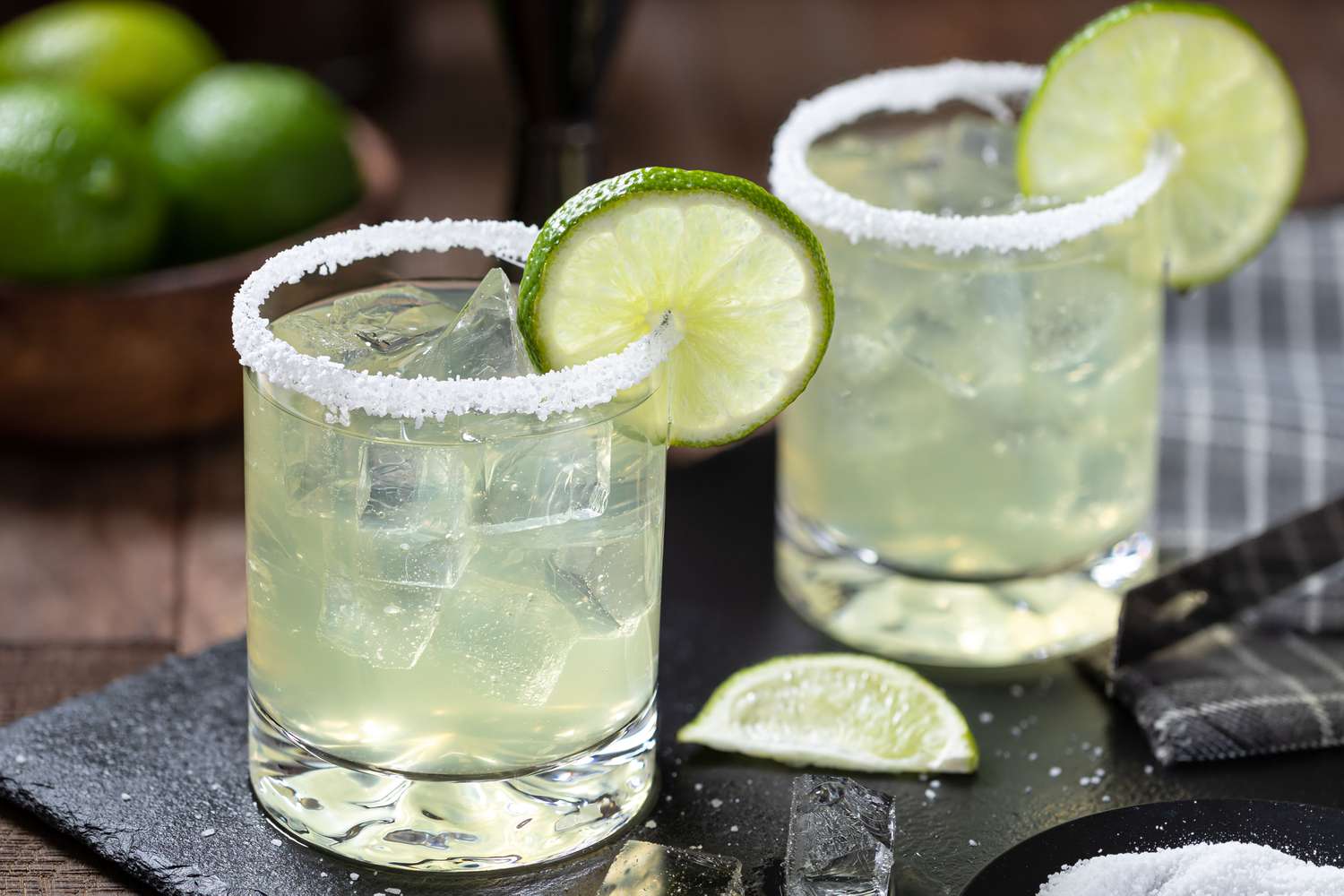Tequila, a distilled spirit made exclusively from the blue agave plant, is deeply rooted in Mexican culture and heritage. Produced primarily in Jalisco and a few other designated regions in Mexico, tequila carries a Denomination of Origin status, much like Champagne or Scotch. Authentic tequila undergoes a meticulous production process, from harvesting mature agave piñas to fermentation and distillation. According to industry experts, 100% agave tequila offers a purer and more refined taste compared to mixto varieties, which are blended with other sugars.
What sets tequila apart is its versatility and depth. There are several classifications, including blanco (unaged), reposado (aged 2–12 months), añejo (aged 1–3 years), and extra añejo (aged over 3 years). Each type delivers a unique tasting experience, from the crisp, peppery notes of a blanco to the rich, oak-aged complexity of an añejo. Professionals in the beverage industry emphasize proper sipping over shooting, especially for premium labels, to fully appreciate tequila’s layered flavor profile.
When selecting tequila, look for bottles labeled “100% agave” and consider brands with a strong reputation and transparency in sourcing and production. Experts recommend avoiding overly commercialized options that may prioritize mass production over quality. With the rise of artisanal distilleries and a growing appreciation for craft spirits, tequila continues to gain global respect not only as a party staple but as a sophisticated, sippable spirit backed by centuries of tradition.

